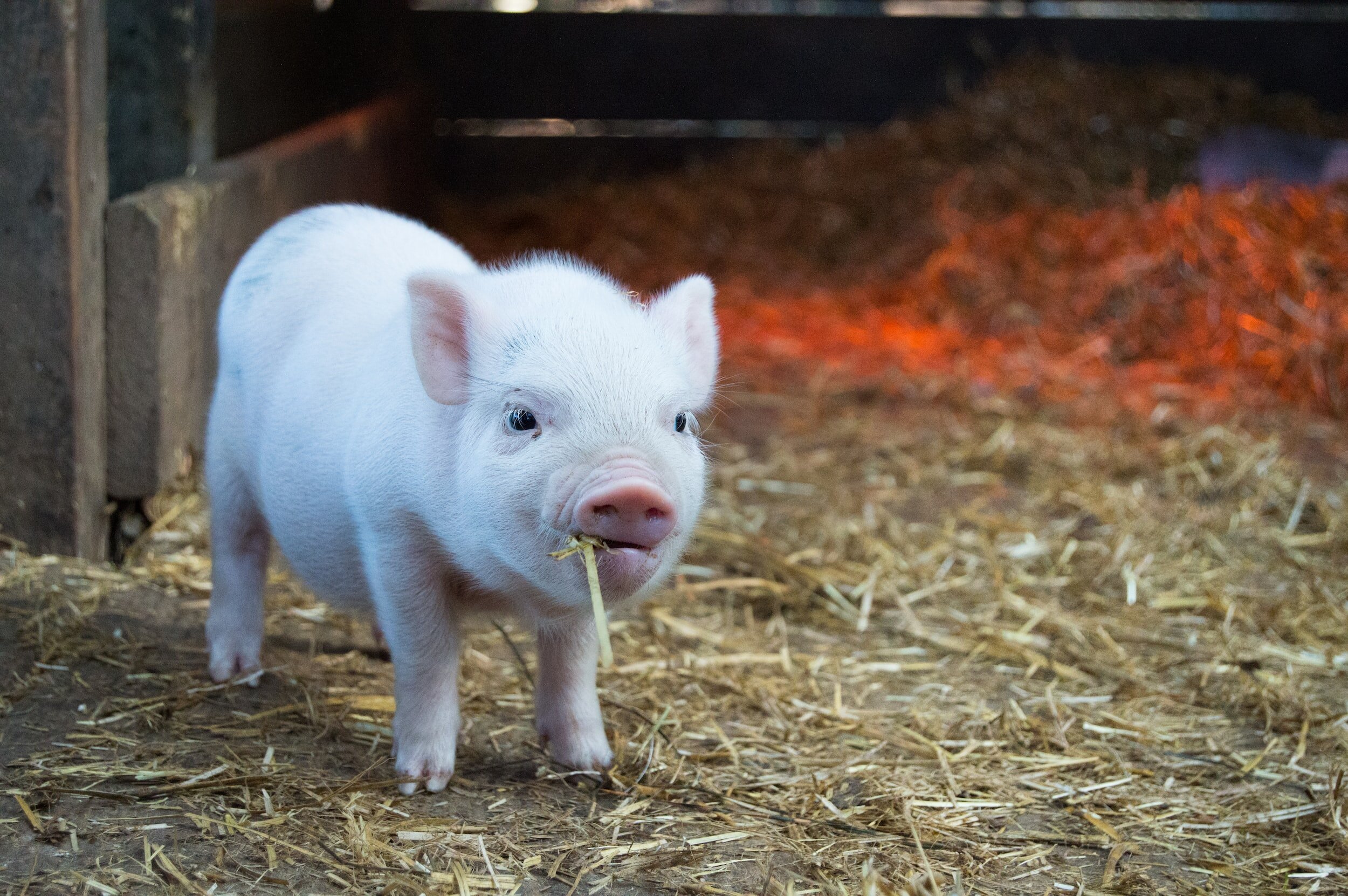ten futile workplace clichés
I love cliches. When I was a kid living out in the void space between Red Bluff and Cottonwood in Northern California, I did not have a great deal of entertainment at hand. Sure, we got a signal for both CBS and PBS (but in the mid-eighties, that was not saying much). Between exploring the outdoors and my chores, I spent much of my time reading—mostly the set of encyclopedias that took up space in our den. I had a personal goal to read every volume and retain as much information as possible. And as most who know me can attest, I am a fiend for information.
I love it.
It fills my bucket as few things do. As such, I am known to search the internet for random things. Okay, so it is not random, and I may or may not keep an Evernote Obsidian file full of things I want to research and read up on. Today, I decided to look up why clichés exist. It was fun but tremendously uninformative (in the sense that no immediate source of information was even remotely useful, academic, or readily apparent).
I screamed a cry of joy inside—the idea of a cliché has become a cliché!
Because, you know, clichés exist for a reason - they, after all, are based in truth (or at the very least describe reality). If that is the case, then why do so many writers/bloggers/pundits out there do so much to speak out against the use of clichés (search for the word cliché, and you will see as many posts about avoiding them as anything else)? Why is it considered harmful in business to use clichés in our speech? Why is there a general sense of unoriginality if we use clichés? Why am I asking so many questions about clichés? Is that cliché?
So today (without context or segue or explanation), I offer to use ten clichés that may or may not be futile for your workplace:
"work smarter, not harder”
"ask for forgiveness, not permission”
"failure is not an option”
"think outside the box"
"eat your own dog food"
"do not reinvent the wheel”
"paradigm shift"
"step up to the plate"
"at the end of the day"
"put lipstick on a pig"
The author knows that Red Bluff and Cottonwood, California, can be considered void spaces. This illustration explicitly shows that the author's home was in the middle of what some would call nowhere, but since everywhere is somewhere, he felt it best to label the area as void.
At some point, I am going to expand on why Wikipedia is like porn for intellectuals: it is highly addictive, it consumes vast quantities of time, and it gives a skewed view of reality and relationships that can be potentially destructive. Thankfully, I was married to someone who seeks information as fervently as I do.

